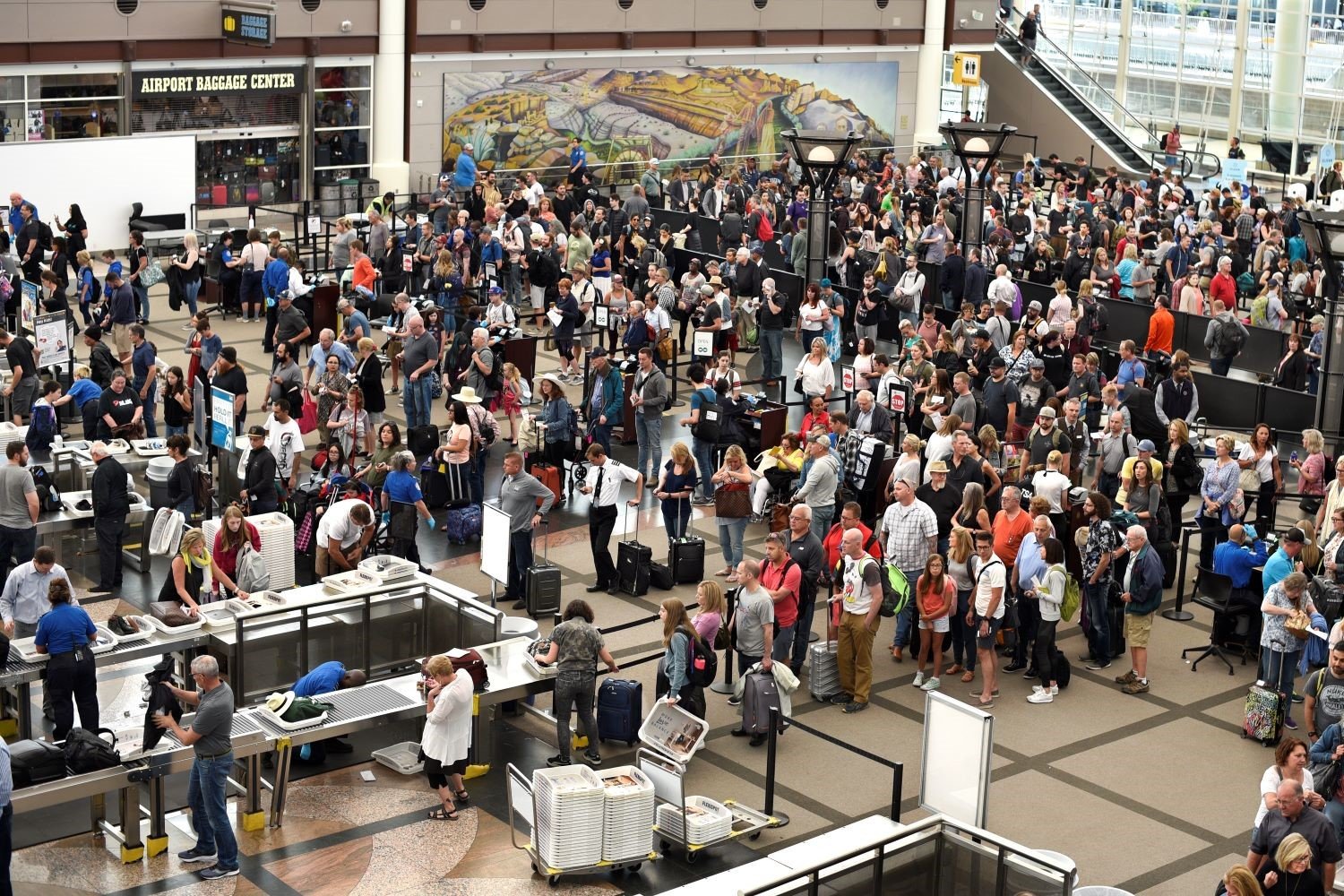AI’s ability to offer incredibly bad advice is becoming increasingly apparent. While sometimes merely nonsensical, other times, it poses a genuine danger. A recent incident highlights this risk, involving an AI chatbot infiltrating a Facebook group dedicated to mushroom foraging and subsequently providing instructions on how to prepare a toxic mushroom.
This incident unfolded in the Northeast Mushroom Identification & Discussion Facebook group, a community of roughly 13,000 members. An AI agent, dubbed “FungiFriend,” joined the group’s chat and proceeded to dispense alarmingly inaccurate advice. As reported by 404 Media, a group member seemingly tested the AI’s knowledge by inquiring about cooking methods for Sarcosphaera coronaria, a mushroom known to accumulate arsenic and linked to at least one fatality. Disturbingly, FungiFriend declared the mushroom “edible but rare” and suggested cooking methods such as sautéing, adding to soups or stews, and pickling.
This concerning event was brought to light by Rick Claypool, research director for the consumer advocacy group Public Citizen, and an avid mushroom forager himself. Claypool has previously voiced concerns about the perils of using AI in mushroom identification, emphasizing that distinguishing between edible and poisonous fungi demands real-world expertise that current AI systems cannot reliably replicate. He also asserted that Facebook encouraged mobile users to integrate the AI agent into the group chat.
This incident echoes similar occurrences, including an AI-powered meal prep app that generated recipes involving mosquito repellent and chlorine gas. Another instance saw an AI agent advising users to consume rocks. These events underscore the potential hazards of integrating AI into culinary applications.
Experiments with AI platforms like Google’s AI Summaries further demonstrate the frequent inaccuracies of these algorithms. For instance, Google’s program once asserted that dogs participate in organized sports and suggested using glue as a pizza topping. Despite these evident risks, corporations persist in rapidly integrating AI into customer service applications across the web, seemingly prioritizing automation over the accuracy and safety of the information provided to the public.
This incident highlights the critical need for caution and rigorous oversight in the development and deployment of AI, particularly in areas with significant real-world consequences like food safety. The prioritization of automation over accuracy poses a serious threat, and responsible development and implementation of AI are crucial to mitigating these risks.











